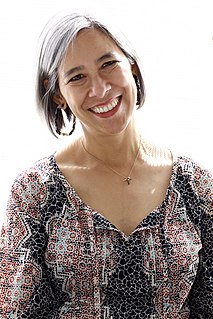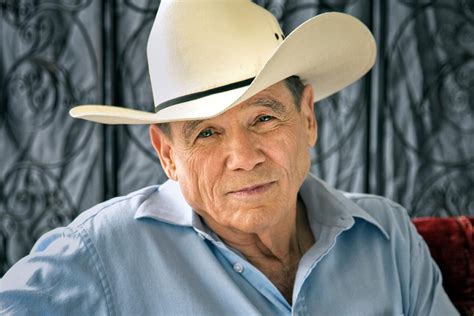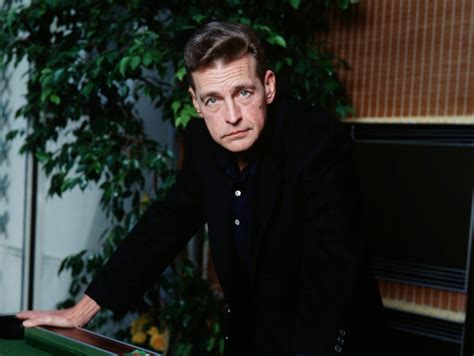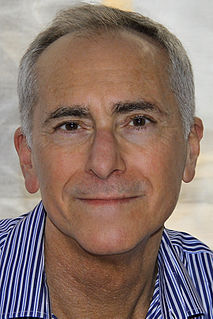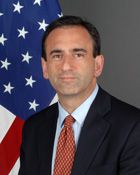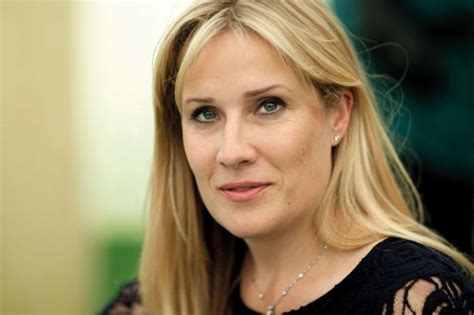A Quote by Pat Conroy
Let me now praise the American writer James Dickey. In 1970, his novel 'Deliverance' was published. I found it to be 278 pages that approached perfection. Its tightness of construction and assuredness of style reminded me of 'The Great Gatsby.'
Related Quotes
It was only after two years' work that it occurred to me that I was a writer. I had no particular expectation that the novel would ever be published, because it was sort of a mess. It was only when I found myself writing things I didn't realise I knew that I said, 'I'm a writer now.' The novel had become an incentive to deeper thinking. That's really what writing is—an intense form of thought.
Personal identity seems like it's just such an American archetype, from Holly Golightly re-inventing herself in 'Breakfast At Tiffany's' to Jay Gatsby in 'The Great Gatsby.' It seems like the sort of archetypal American issue. If you're given the freedom to be anything, or be anyone, what do you do with it?
While working on my first five books, I kept wishing I was writing a novel. I thought until you wrote a novel, you weren't taken seriously as a writer. It used to trouble me a lot, but nothing troubles me now, and besides, there has been a change. I think short stories are taken more seriously now than they were.
I developed a mania for Fitzgerald - by the time I'd graduated from high school I'd read everything he'd written. I started with 'The Great Gatsby' and moved on to 'Tender Is the Night,' which just swept me away. Then I read 'This Side of Paradise,' his novel about Princeton - I literally slept with that book under my pillow for two years.
I personally found Donald Trump's praise for Vladimir Putin troubling or even chilling, frankly. In a room full of military veterans, to be effusing about his great leadership and how strong he is and how popular he is, while disrespecting the American president and American generals, I don't know. That was, I think, not just troubling to me, but to a lot of listeners and I think, frankly, to a lot of Republican listeners as well.
Fitzgerald could sense that America was poised on the edge of a vast transformation, and wrote a novel bridging his moment and ours. The Great Gatsby made manifest precisely what Fitzgerald’s contemporaries couldn’t bear to see, and thus it is not only the Jazz Age novel par excellence, but also the harbinger of its decline and fall.
There's the fact that American fiction is basically the most apolitical fiction on the globe. A South American writer wouldn't dare think of writing a novel if it didn't allude to the system into which these people are orchestrated - or an Eastern European writer, or a Russian writer, or a Chinese writer. Only American writers are able to imagine that the government and the corporations - all of it - seem to have no effect whatsoever.



